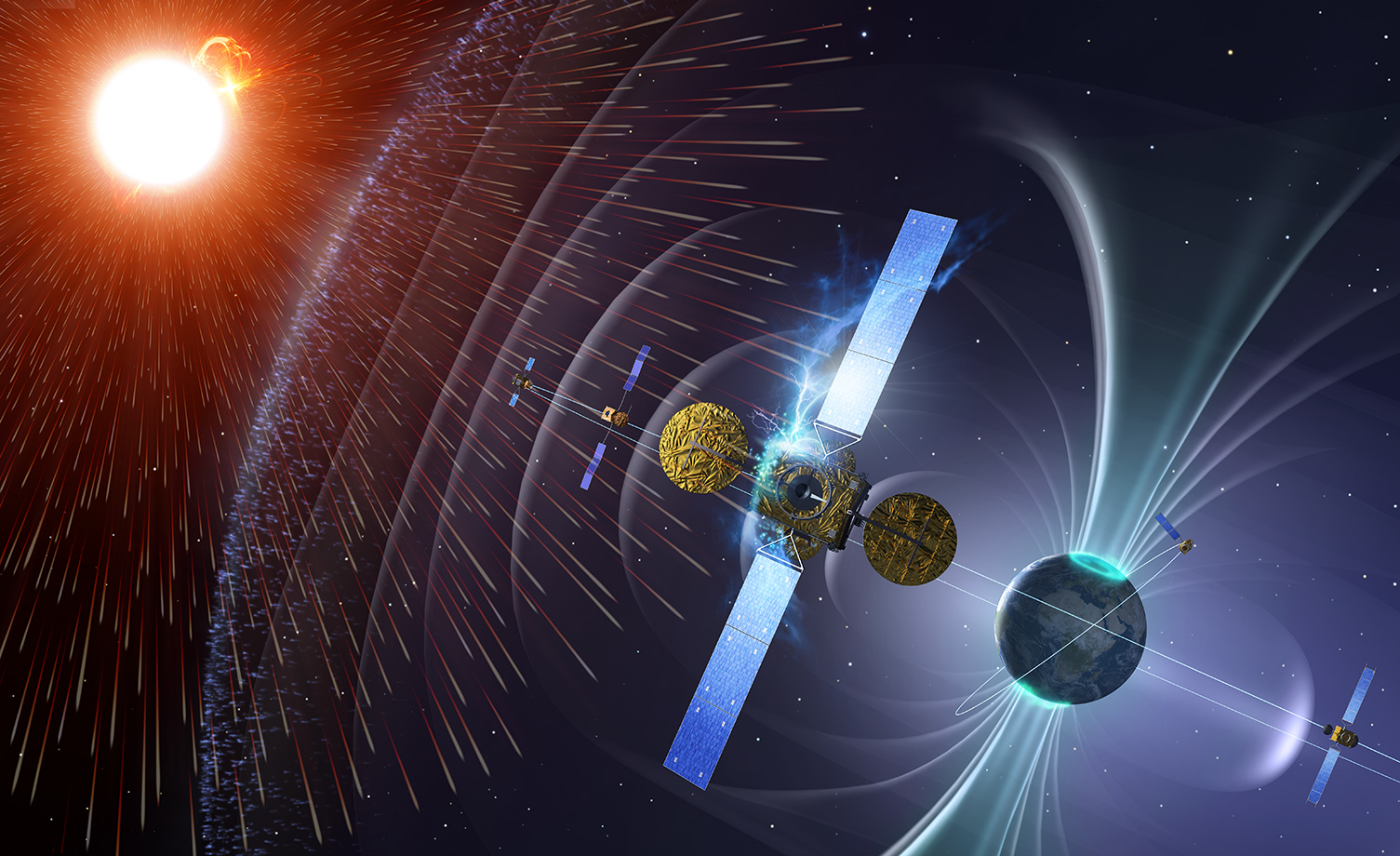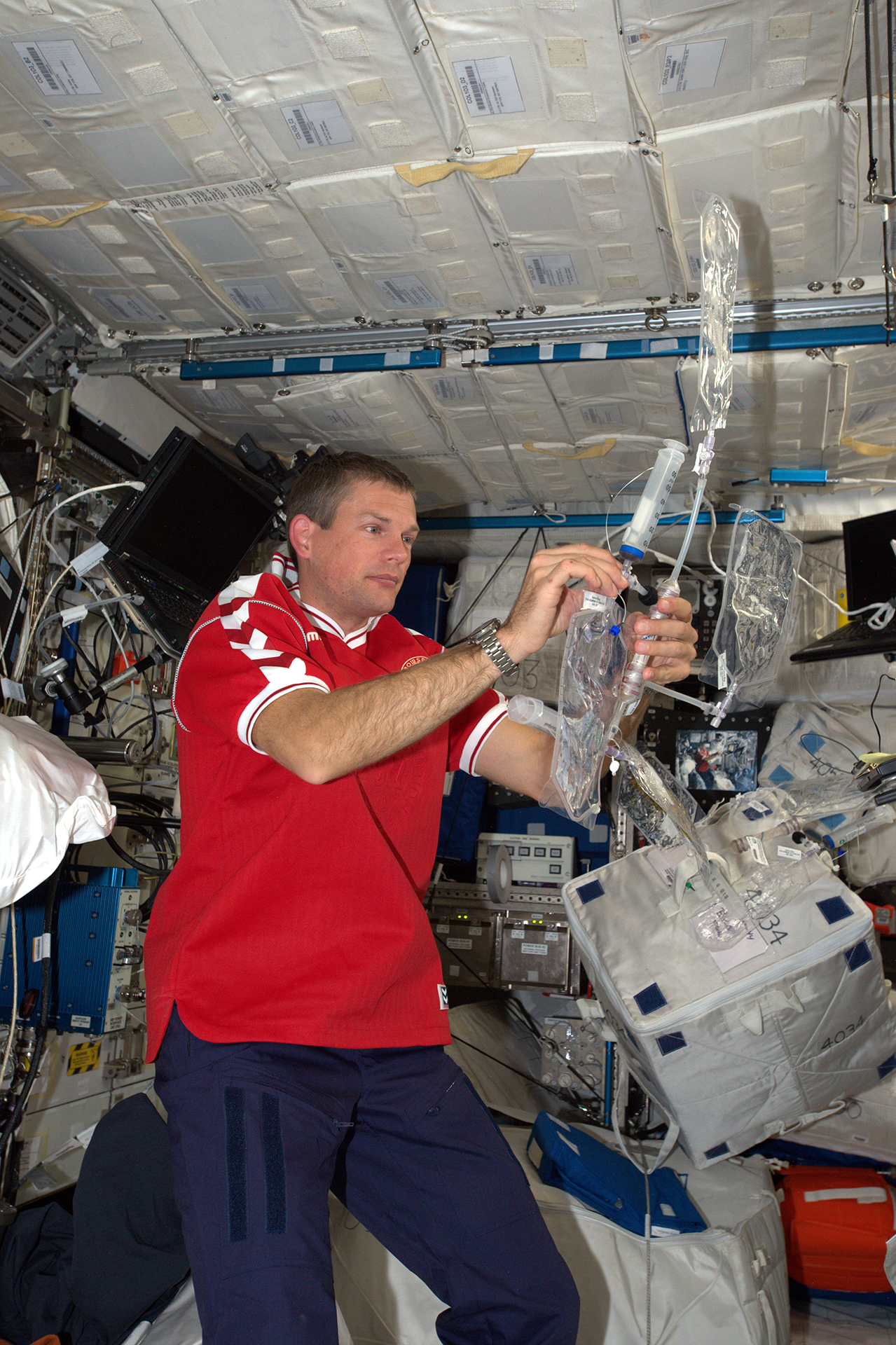Radiation tracker: a must-have bit of an astronaut kit
27 July 2016
Astronauts face many risks in space. One of these is radiation: an invisible danger but one that can cause serious harm to space travellers. A new gadget has been developed to help us better understand this threat.
Radiation comes from different places in space, such as the Sun and distant dying stars. Radiation damages the cells that our bodies are made from, and can cause severe illnesses – even death. Here on the surface of planet Earth we are protected from this radiation by our planet’s magnetic field. This acts like a shield and keeps us safe. But astronauts in space are at a higher risk of exposure.
Astronauts already wear sensors that add up their total radiation exposure over time. But the information on them can only be read when they come back to Earth, in a special lab.
To give a more accurate picture, scientists and engineers have developed the European Crew Personal Active Dosimter – EuCPAD for short. A monitor about the size of a smartphone records its wearer’s exposure on a continuous basis.
Then astronauts can plug them into a bigger device like a smartphone dock, to recharge their battery and download their results. Astronauts and researchers down on the ground can then gain regular updates on the radiation environment: are some parts of their spacecraft better shielded than others?
A EuCPAD monitor was tested last September by ESA astronaut Andreas Mogensen. And now a EuCPAD reader device has been delivered to the International Space Station, ready for ESA astronaut Thomas Pesquet to use it with his own monitor when his mission there begins in November.
The results returned by the EuCPAD should be invaluable when it comes to travelling further than Earth orbit.
Planned missions to the Moon and Mars will be particularly dangerous because they will take astronauts far from the protective shield of Earth’s magnetic field. But real-time tracking of astronaut radiation exposure will help researchers to develop protective methods to keep crew safe during their voyages.
Cool fact: EuCPADs are so advanced that they can tell the source of radiation, such as from the Sun or cosmic radiation from far out in our Galaxy!







